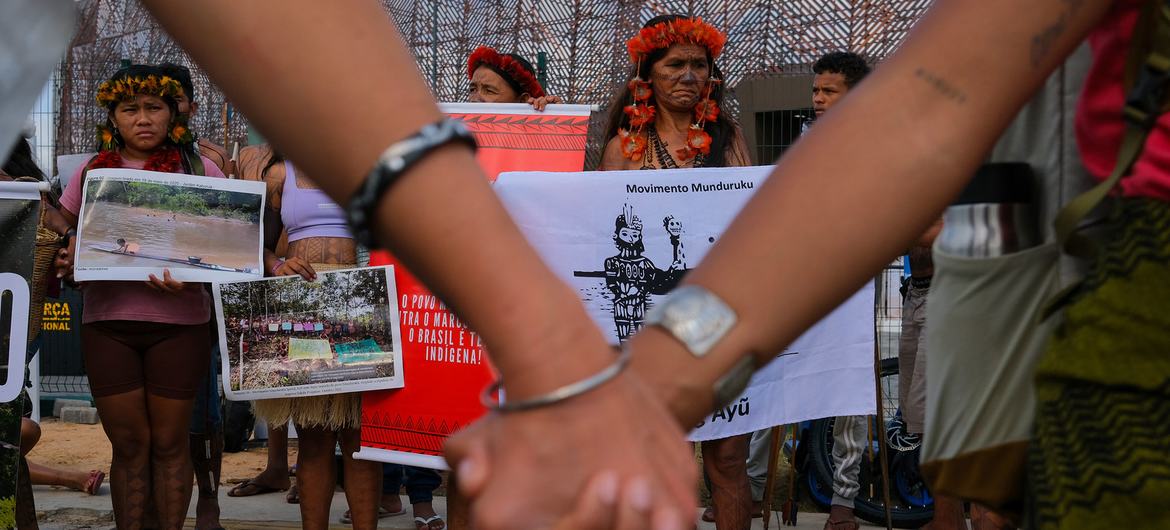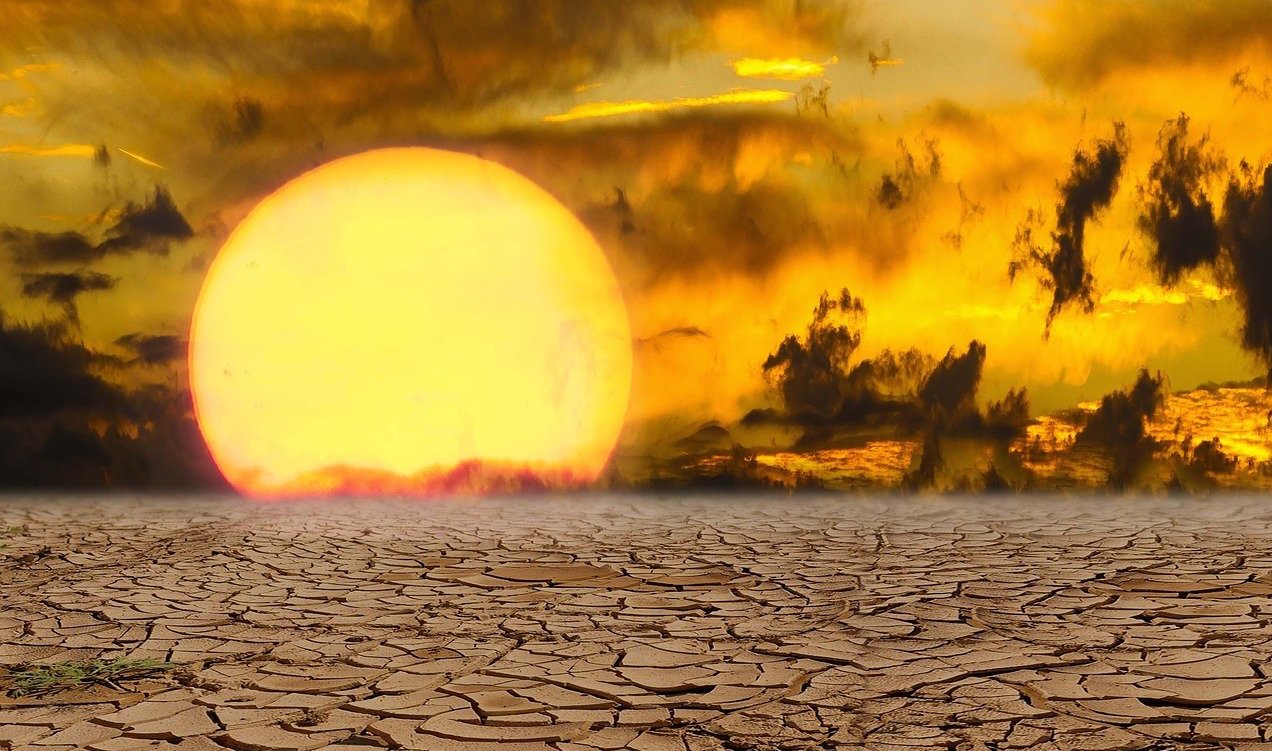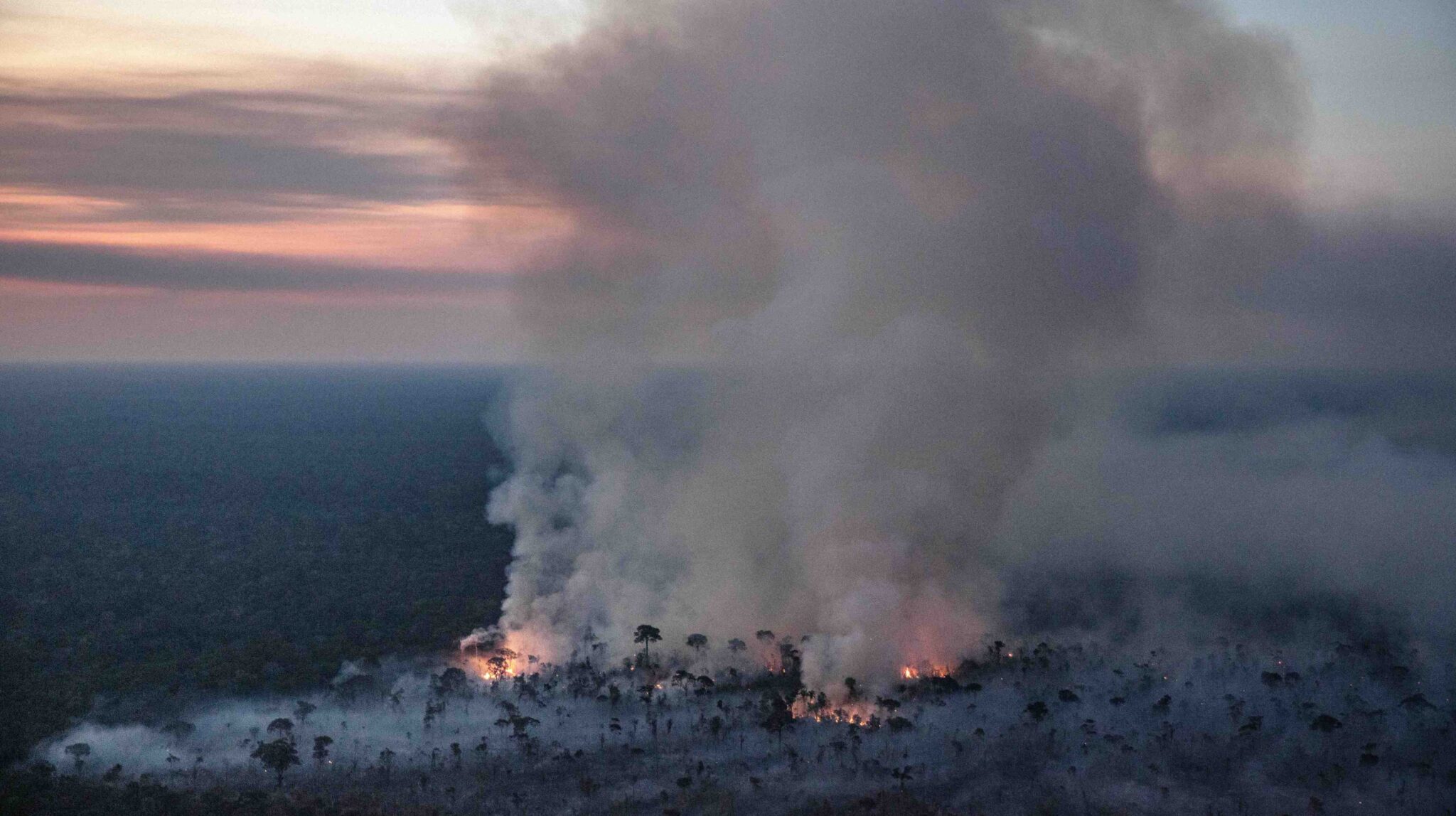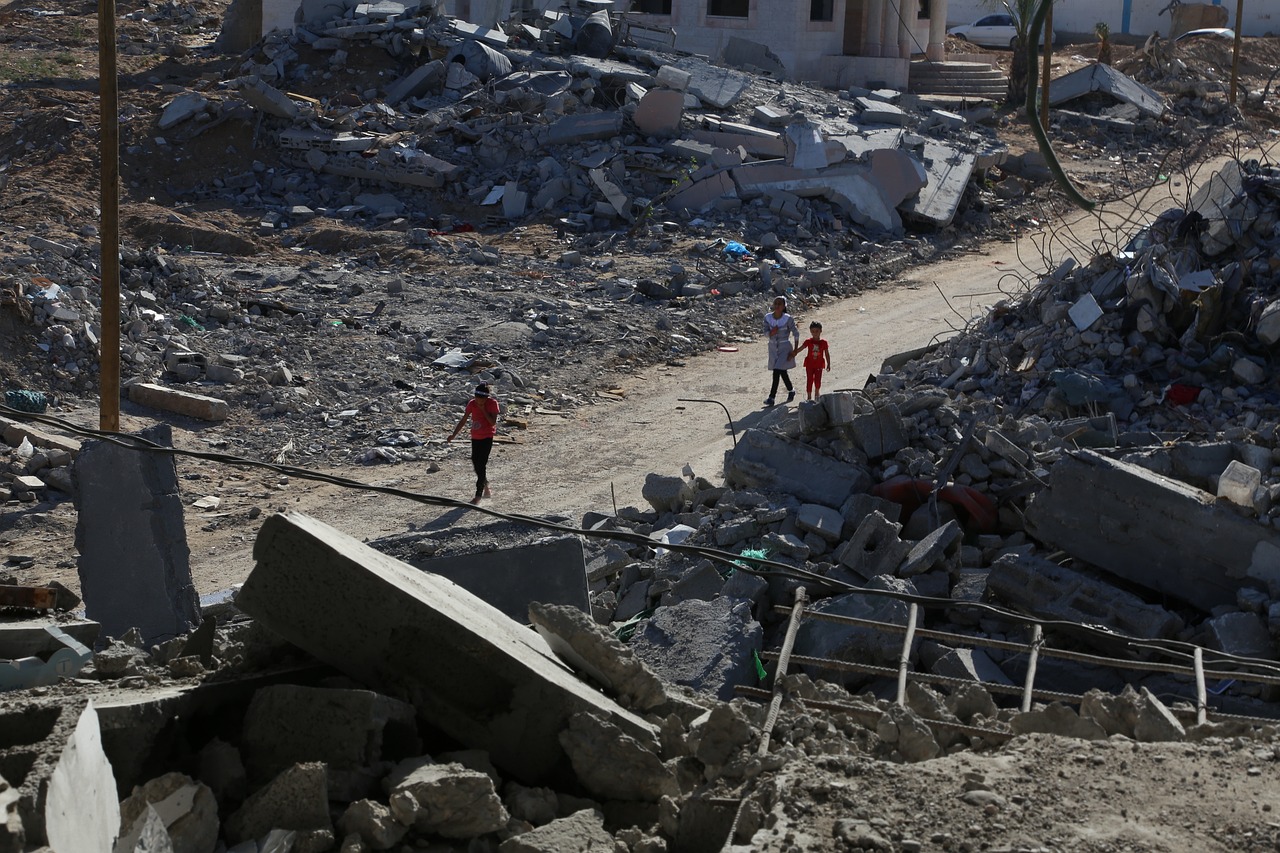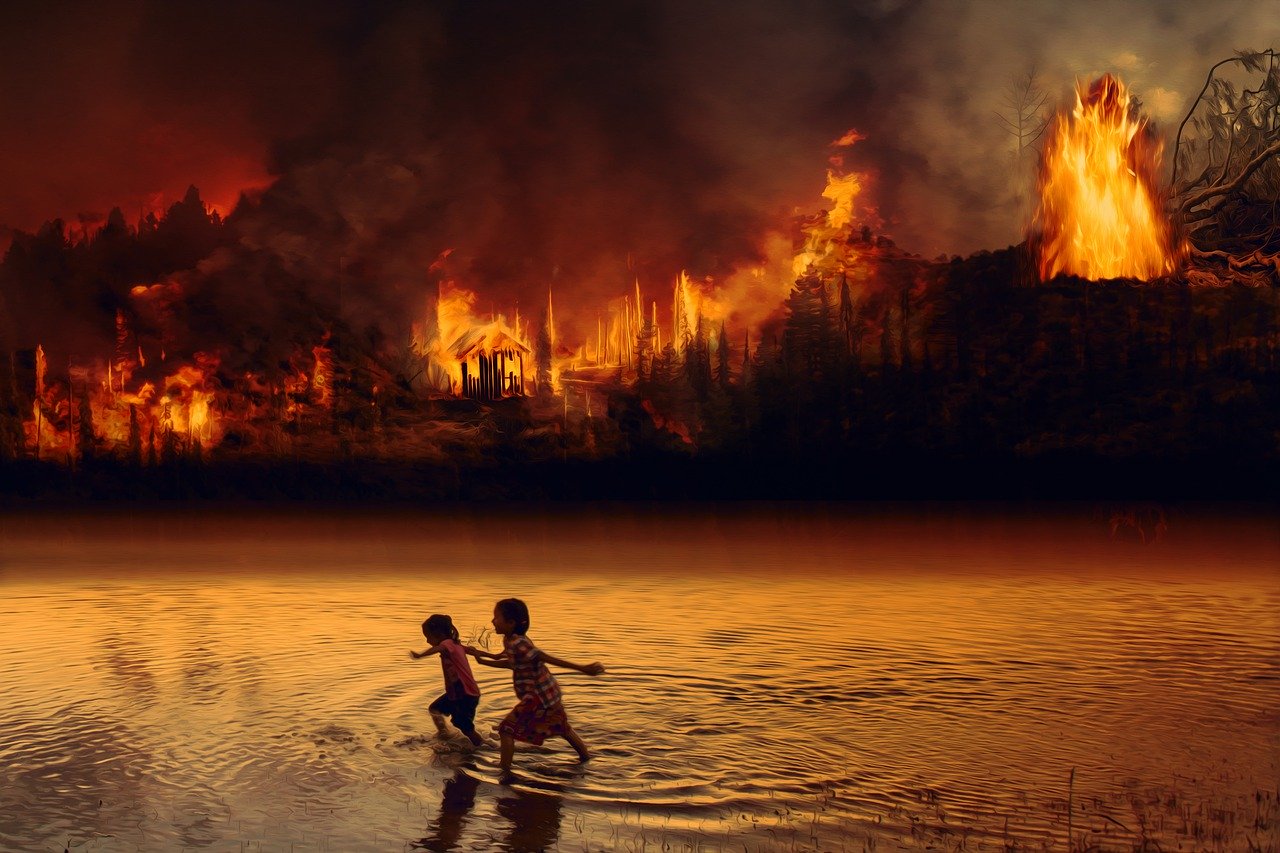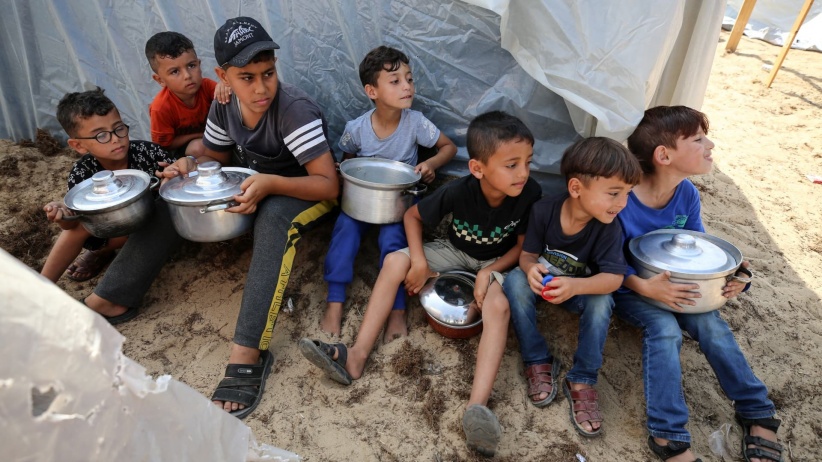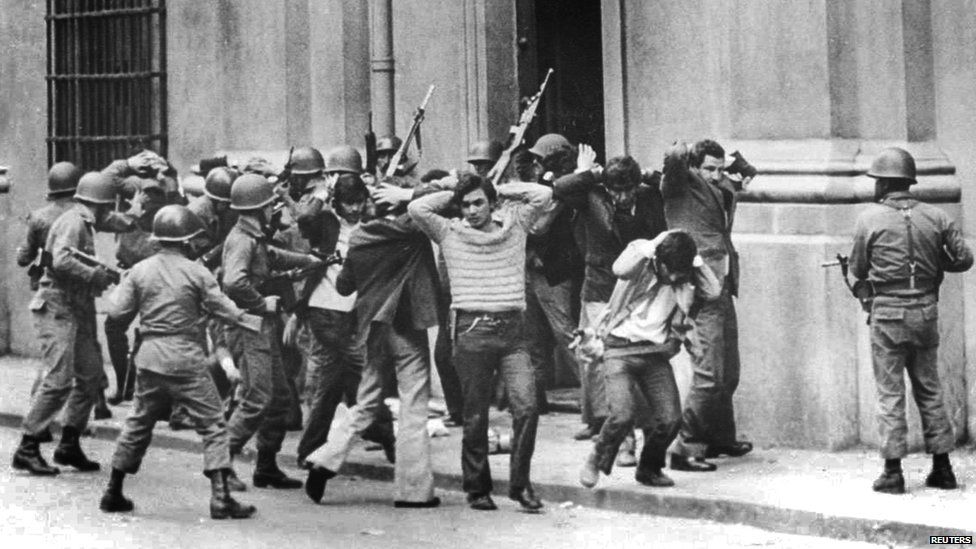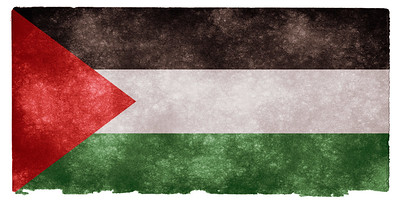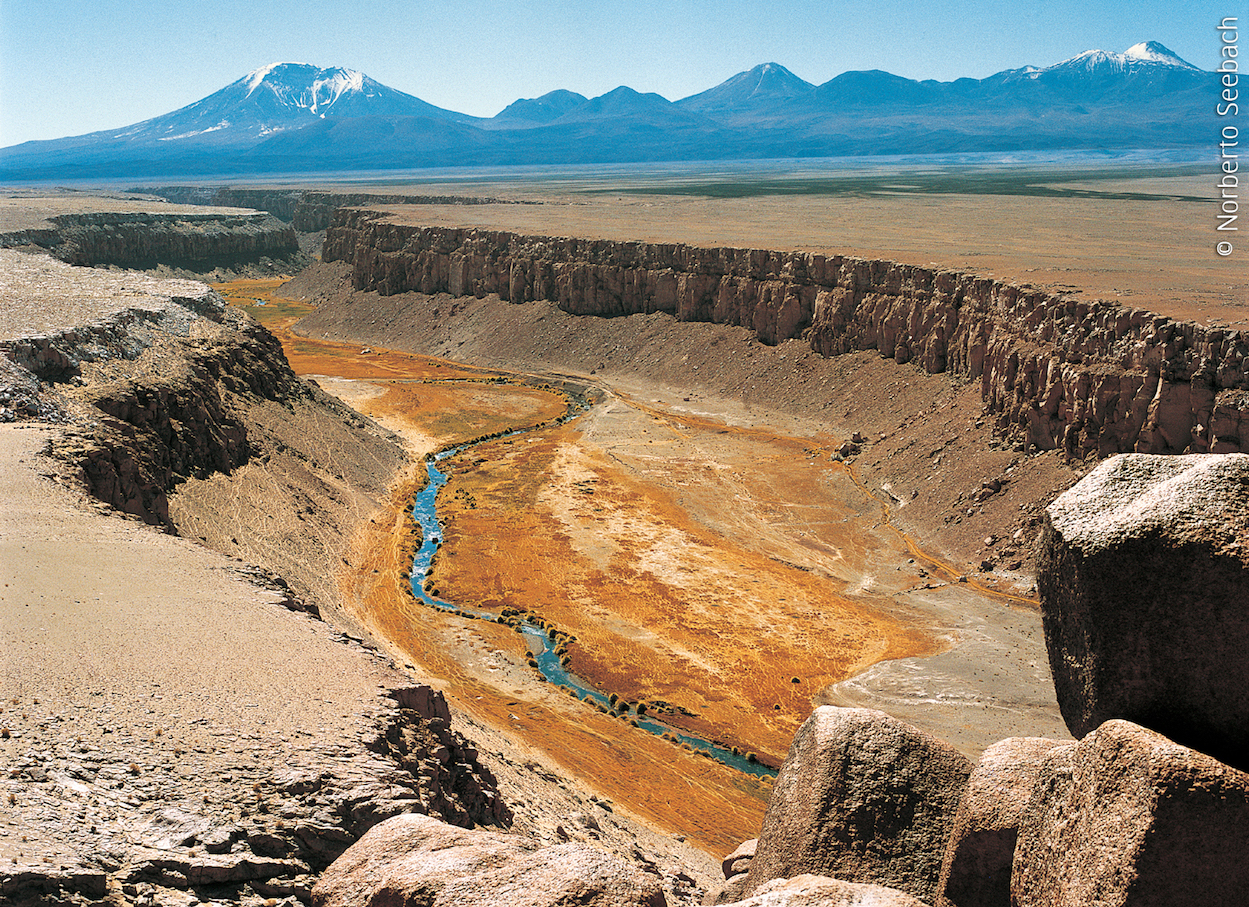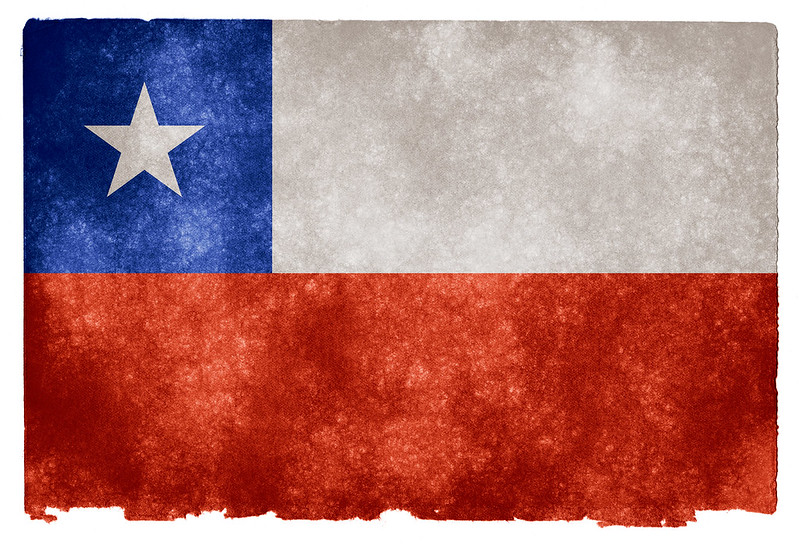
Chile’s turn to the hard right
The rising wave of far-right populism has arrived in Chile with the victory in the presidential race of José Antonio Kast, an ultra-conservative who campaigned on fighting crime and carrying out mass deportations. Emulating Donald Trump, Kast exploited a backlash against migrants—especially Venezuelans—and pledged to build a separation wall on the border with Peru. His victory marks the country’s sharpest shift to the right since the restoration of democracy after the brutal dictatorship of Augusto Pinochet 30 years ago—an era and figure that Kast has openly admired. (Image: Nicolas Raymond via Flickr)



